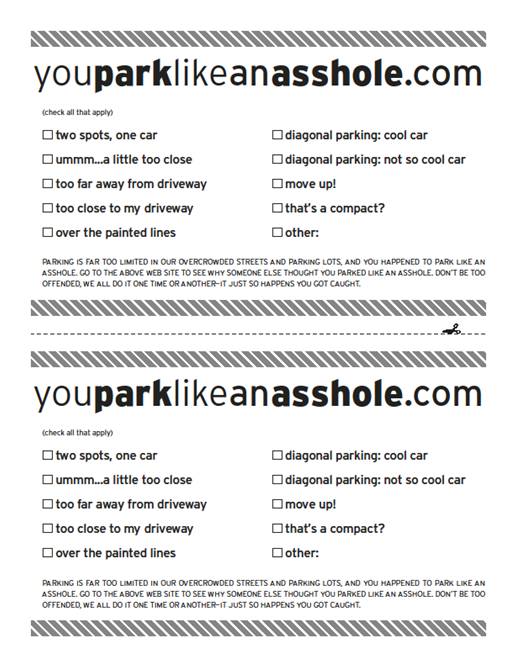The post I did yesterday about the All-Star Certified Asshole, Steve Raucci, reminded me of stuff I had written on the virtues of assholes, which is the focus of Chapter 6 of The No Asshole Rule. I thought a bit of this material might be fun and perhaps instructive for those of you who went to leave a trail of victims in your wake, while using your nasty ways to get ahead in the local pecking order. That is what Mr. Raucci did for decades; although please keep in mind that he will be at least 84 years old when he gets out of prison, if he lives that long. Here is a list from Chapter 6 of NAR (which is Jeff Pfeffer's favorite chapter in the book, although it isn't mine):
Do You Want to Be an Effective Asshole?
Key Lessons
1. Expressing anger, even nastiness, can be an effective method for grabbing and keeping power. Climb to the top of the heap by elbowing your “colleagues” out of the way by expressing anger rather than sadness, or perfecting a “general’s face” like George S. Patton.
2. Nastiness and intimidation are especially effective for vanquishing competitors. Follow in the footsteps of baseball legend Ty Cobb, and succeed by snarling at, bullying, putting-down, threatening, and psyching-out your opponents.
3. If you demean your people to motivate them, alternate it with (at least occasional) encouragement and praise. Alternate the “carrot” and the “stick,” the contrast between the two makes your wrath seem harsher and your occasional kindnesses seem even sweeter.
4. Create a “toxic tandem.” If you are nasty, team up with someone who can calm people down, clean-up your mess, and who will extract favors and extra work from people because they are so grateful to the “good cop.” If you are “too nice,” you might “rent-a-jerk,” perhaps a consultant, a manager from temporary staffing firm, or lawyer.
5. Being all asshole, all the time, won’t work. Effective assholes have the ability to release their venom at just the right moment, and turn it off when just enough destruction or humiliation has been inflicted on their victim.
A final reminder for readers who are dreaming of putting these principles to work. Here is how I end Chapter 6:
'In closing, I want to make my personal beliefs crystal clear. Even if there were no performance advantages to barring, expelling, and reforming nasty and demeaning people, I’d still want organizations to enforce no asshole rules. This book isn’t simply meant to be an objective summary of theory and research about the ways that assholes undermine organizational effectiveness. I wrote it because my life and the lives of the people I care about are too short and too precious to spend our days surrounded by jerks.
And, despite my failures in this regard, I feel obligated to avoid inflicting my “inner jerk” on others. I wonder why so many assholes completely miss the fact that all we have on this Earth is the days of our lives, and for many of us, huge portions of our lives are spent doing our jobs, interacting with other people. Steve Jobs is famous for saying that the “journey is the reward,” but for my tastes, as much as I admire his accomplishments, it appears that he has missed the point. We all die in the end, and despite whatever “rational” virtues assholes may enjoy, I prefer to avoid spending my days working with mean-spirited jerks and will continue to question why so many of us tolerate, justify, and glorify so much demeaning behavior from so many people.'
